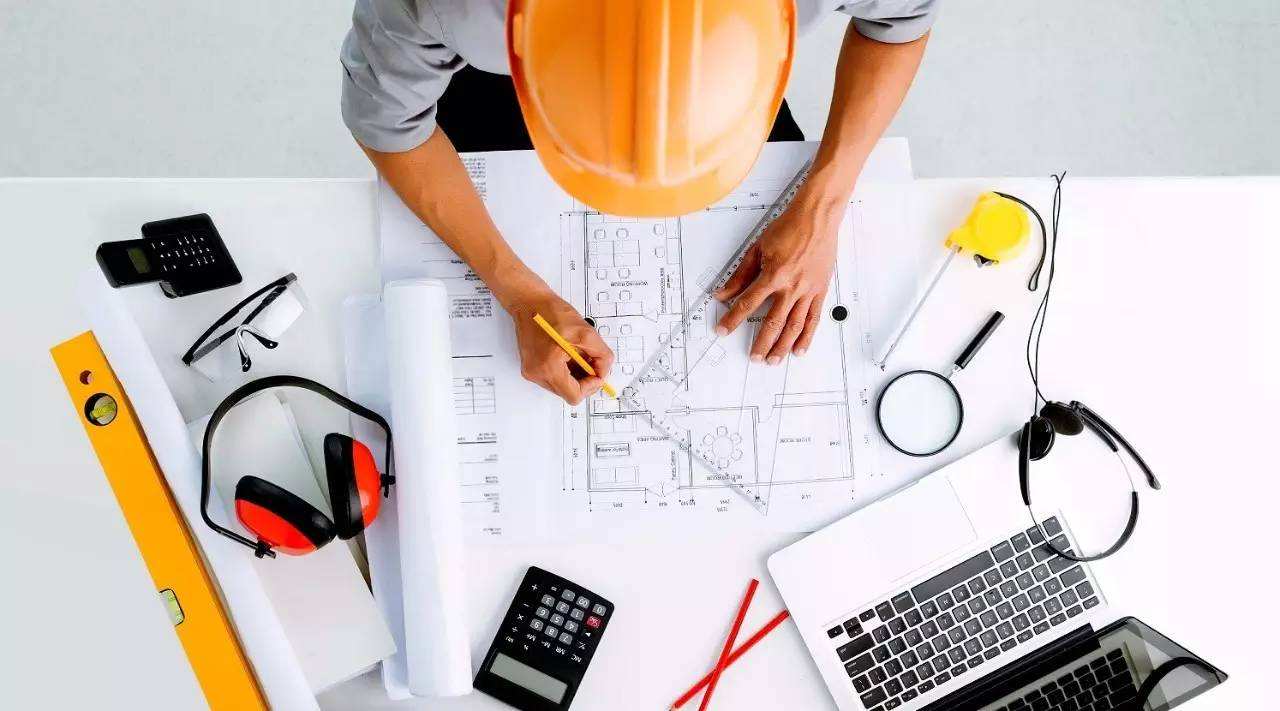及物动词,它后面可以直接跟名词的;不及物动词,它后面常常要借助介词,如to,of,at,in等介词连接名词的。以下是及物动词和不及物动词较详细的区别。

1.及物动词
后面必须跟宾语意义才完整的实义动词,叫做及物动词(transitive verb).如:
I believe that the committee will consider our suggestion.我相信委员会将会考虑我们的建议.
“How long can I keep the book ?”Harry asked.哈里问:“这本书我可以借多久?”
Dr. Bethune set us a good example. 白求恩大夫给我们树立了好榜样.
Crude oil contains many useful substances.原油含有许多有用的物质.
常见的及物动词,如:have,eat,say, find, see,buy,cut, catch, invent, make, take, tell等。
2.不及物动词
本身意义完整后面不须跟宾语的实义动词,叫做不及物动词(intransitive verb).如:
Birds fly.鸟会飞.
It happened in June 1932.这件事发生于一九三;年六月.
My watch stopped.我的表停了.
She spoke at the meeting yesterday evening. 她在昨天晚上的会上发了言.
常见的不及物动词:come, lie, rise,agree, go, fly,work, listen, look, die, belong, fall, exist, rise, arrive, sit, sail, hurry, fail, succeed,wait,happen等。
3.兼作及物动词和不及物动词
英语里有不少实义动词可以兼作及物动词和不及物动词.这样的动词又有两种不同的情况:
(1)兼作及物动词和不及物动词时,意义不变.试比较:
Shall I begin at once?我可以立刻开始吗?(begin作不及物动词)
She began working as a librarian after she left school.她毕业后当图书馆管理员.(began作及物动词)
When did they leave Chicago?他们是什么时候离开芝加哥的?(leave 作及物动词)
They left last week. 他们是上周离开的.(left 作不及物动词)
(2)兼作及物动词和不及物动词时,有时意义不尽相同.如:
Wash your hands before meals.饭前要洗手.
Does this cloth wash well? 这布经得起洗吗?

4.与汉语的比较
有时英语动词的及物和不及物的用法,与汉语的用法不一样,请注意下列两种情况:
(1)有的动词在英语里只能用作不及物动词,而汉语则可用作及物动词,如arrive到达,agree同意,1isten听.英语里这些动词后面常接介词.如:
We arrived at the railway station at noon.我们于中午到达火车站.(at不能省去)(比较:We reached the railway station at noon.)
Everybody listened to the lecture with great interest.每个人都很有兴趣地听讲课.(to不可省去)(比较:We all heard the lecture.)
Do they agree to the plan?他们同意这个计划吗?(to不可省去)
(2)有的动词在英语里能用作及物动词,而在汉语里则不能用作及物动词,如serve为…服务.
Our children are taught to serve the people wholeheartedly.我们的儿童被教以全心全意为人民服务
5.有一部分动词既可以做及物动词又可以做不及物动词
例如:sing为“唱”。在句子:The bird is singing中,sing为不及物动词。在句子:She sang a song at the party中为及物动词。类似词有:begin,search,start, answer, sing, close, insist, read, learn, pay, hurt,等。

6.有些动词既可以用作及物又可以用作不及物的动词,但表示意义却不同
例如:know,beat,grow等。
同一个动词可以接多个不同的介词,但它们的含义是不一样的。例如:get与介词结合可以构成多个短语,其意义不同。例如:get to到达;get up 起床;get through 通过,接通;get together相聚等。
7.及物动词常有被动语态,但有些及物动词无被动语态
如:take place,fit,lack,possess,equal,mean等。
有些及物动词+副词结构无被动结构。例如短语sell well就不能用被动结构。还有:set off, show up,break down等。
















